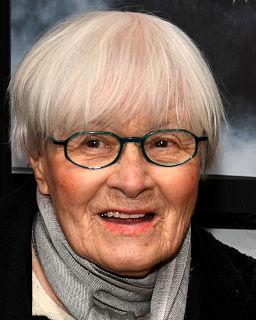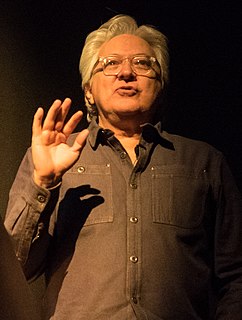A Quote by Hugh Jackman
People photograph everything and nothing - no interaction is deemed to have actually happened unless somebody has a picture of it.
Quote Topics
Related Quotes
A photograph records both the thing in front of the camera and the conditions of its making... A photograph is also a document of the state of mind of the photographer. And if you were to extend the idea of the set-up photograph beyond just physically setting up the picture, I would argue that the photographer wills the picture into being.
How foolish of me to believe that it would be that easy. I had confused the appearance of trees and automobiles, and people with a reality itself, and believed that a photograph of these appearances to be a photograph of it. It is a melancholy truth that I will never be able to photograph it and can only fail. I am a reflection photographing other reflections within a reflection. To photograph reality is to photograph nothing.
Yes, believers and non-believers and skeptics can all live together and get along. But there cannot be an imperialistic imposition of religion by the state or by the church. All people must be equal--believers, skeptics, disbelievers, atheists, and those who chose religion. Unless we are all deemed equal, and unless the morality of disbelief is deemed the equivalent of the morality of belief, we will simply be tolerated, and that is not the American way.
If you want me to explain the picture, if you put it in reality, then the mystery goes away. The situation just catches you and you think it is absurd or mysterious and you just take the picture. You dont want to see the bare reality of what happened. I took the picture as the picture, not as the realistic story of what happened.
There's been no major motion picture released by a studio, no independent motion picture, in theaters, with King at the center, in the 50 years since these events happened, when we have biopics on all kinds of ridiculous people. And nothing on King? No cinematic representation that's meaningful and centered.




































